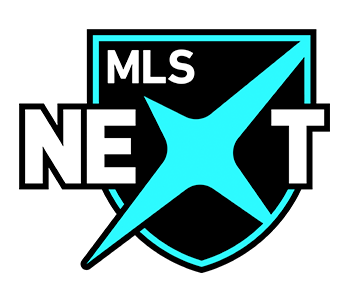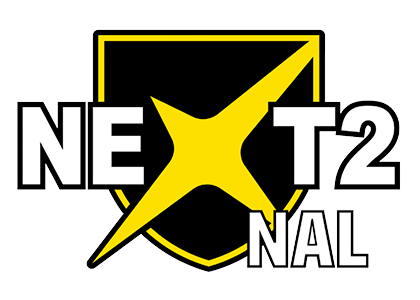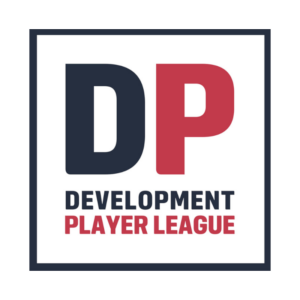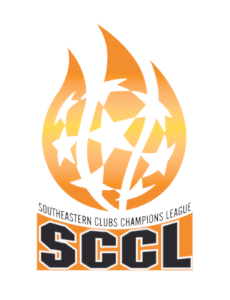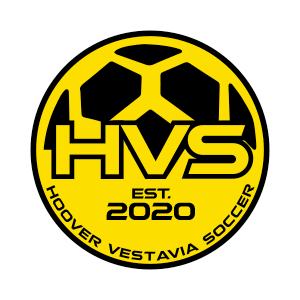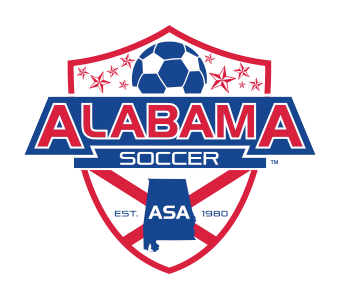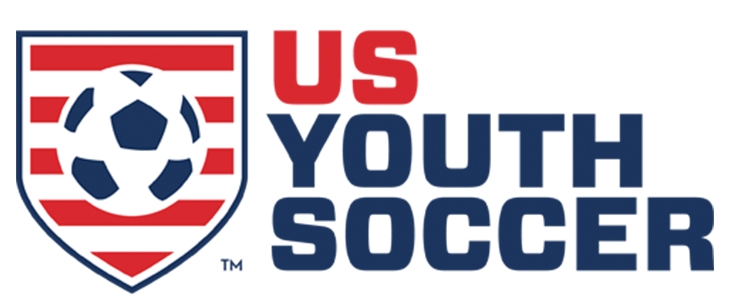At Pell City FC, we believe that competitive soccer offers unique opportunities for growth, development, and excellence, much like honors classes in school. As a parent, understanding the parallels between these two environments can help you appreciate the profound impact that participating in competitive soccer can have on your child’s overall development.
High-Performing Peer Group
One of the key benefits of both honors classes and competitive soccer is the opportunity to be surrounded by peers who are equally driven and motivated. In an honors classroom, students are grouped with others committed to academic excellence, pushing each other to reach new heights. Similarly, on a competitive soccer team, players are surrounded by teammates who share the same passion and commitment to the sport. This environment fosters a culture of continuous improvement, where each child is encouraged to push beyond their limits and strive for greatness.
Research has shown that students in challenging academic settings often perform better due to the positive influence of their peers. According to a study from the National Bureau of Economic Research (NBER), peer influence is a significant factor in academic performance. The same holds true in sports, where athletes in competitive teams tend to develop faster and perform better due to the high standards set by their teammates.
Developing a Strong Work Ethic
In both honors classes and competitive soccer, a strong work ethic is essential for success. Students in advanced academic programs learn the importance of discipline, time management, and perseverance. These same qualities are critical for athletes who compete at a high level. The dedication required to excel in both areas instills a work ethic that extends far beyond the classroom or the soccer field.
A report by the National Center for Education Statistics (NCES) highlights that students in honors classes tend to develop better study habits and time management skills. Similarly, competitive athletes learn to balance their training schedules with other commitments, teaching them valuable lessons in prioritization and hard work.

Enhancing Critical Thinking and Problem-Solving Skills
Honors classes are designed to challenge students with complex problems that require critical thinking and analytical skills. In competitive soccer, players must quickly assess situations on the field and make strategic decisions in real time. This constant mental stimulation helps develop cognitive abilities that are beneficial both academically and athletically.
Research from the Journal of Sports Sciences supports this connection, indicating that participation in high-level sports can improve cognitive functions, including decision-making and problem-solving. These skills are crucial not only for success on the field but also in the classroom and beyond.
Balanced Growth and Development
Both honors classes and competitive soccer provide structured environments that promote balanced growth. Honors students are challenged intellectually, while competitive athletes are pushed physically, mentally, and emotionally. This comprehensive development ensures that children are well-rounded and prepared to face a variety of challenges in life.
A study by the Institute of Educational Sciences found that student-athletes, particularly those involved in competitive sports, often perform better academically. These students typically achieve higher grades, have better attendance records, and exhibit stronger leadership skills, reinforcing the value of a balanced approach to development.
Success Breeds Success
When children are placed in environments where excellence is the norm, they internalize high standards and expectations. Honors students are encouraged to aim for academic success, while competitive soccer players strive for athletic excellence. This mindset of striving for success carries over into all aspects of their lives, leading to greater achievements in both academics and sports.
Data from the NCAA highlights this connection, showing that student-athletes are more likely to graduate from college and pursue successful careers. The discipline, focus, and resilience developed in competitive sports contribute to long-term success, both on and off the field.
The Correlation Between Athletics and Academics
At Pell City FC, we’ve noticed a significant correlation between success in competitive soccer and academic achievement. Nearly every child in our Academy is also an honor roll student, reflecting the drive to excel in multiple areas. This observation aligns with broader research findings, such as a study from the University of Kansas which found that high school students who participate in sports tend to have higher GPAs and graduation rates than their non-athlete peers.
Building Future Leaders On and Off the Field
Competitive soccer, much like honors classes, provides an environment where children can thrive. By surrounding your child with driven peers, fostering a strong work ethic, and developing critical thinking skills, competitive soccer at Pell City FC helps your child grow into a well-rounded, successful individual. The lessons they learn on the field will stay with them for life, contributing to their success in school and beyond.
We invite you to join us at Pell City FC, where we are committed to nurturing not just athletes, but future leaders and scholars as well.
